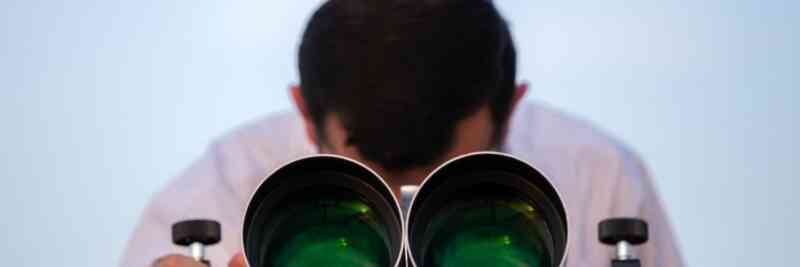Licence to practise medicine - medical doctor in Germany
Date: February 16, 2022An overview: Licence to practise medicine in Germany
A licence to practise medicine is the legal requirement for working as a doctor in Germany. The conditions for obtaining a licence to practise medicine vary depending on whether the qualification was obtained in another EU country or in another country.
Licence to practise medicine for doctors from EU countries
For doctors who have obtained their qualification in an EU country, specific regulations apply within the framework of the EU Professional Recognition Directive. This directive enables extensive recognition of qualifications from other EU member states.
In order to obtain a licence to practise in Germany, EU doctors must generally submit an application to the competent licensing authority in their federal state. This authority checks the equivalence of the qualification and the required language skills. In many cases, participation in a knowledge test procedure is also required in order to verify the professional qualifications.
Licence to practise for doctors from other countries
Doctors who have obtained their qualification outside the EU are subject to stricter requirements for a licence to practise in Germany. As a rule, they must pass a licence to practise in order to prove the equivalence of their qualification.
The licence to practise generally comprises a written and oral examination in basic medical principles as well as a practical examination, which can vary depending on the federal state. In addition, German language skills at level C1 of the Common European Framework of Reference for Languages must be demonstrated.
Supporting institutions and organisations
For doctors who wish to obtain a licence to practise in Germany, there are various institutions and organisations that can provide support with the recognition of foreign qualifications and preparation for the licence to practise examination. These include
Central Office for Foreign Education (ZAB)
The ZAB is an important contact point for the assessment of foreign educational qualifications and provides support with the equivalence assessment. Here is the link
German Medical Association (BÄK)
The BÄK offers information on the licence to practise medicine and provides guidelines for the recognition of foreign qualifications. Link to the German Medical Association
Medical associations
'The local medical associations in the federal states are responsible for the licence to practise medicine and offer advice and support with the application process. Here are some examples of links.
Medical societies
Various medical societies offer courses and further training to prepare foreign doctors for the licence to practise.
Here are the URLs of some medical societies for different specialities:
Surgery: German Society for General and Visceral Surgery (DGAV)
Website: https://www.dgav.de/
Gynaecology: German Society for Gynaecology and Obstetrics (DGGG)
Website: https://www.dggg.de/
Anaesthesia: German Society for Anaesthesiology and Intensive Care Medicine (DGAI)
Website: https://www.dgai.de/
Internal Medicine: German Society for Internal Medicine (DGIM)
Website: https://www.dgim.de/
Neurology: German Society for Neurology (DGN)
Website: https://www.dgn.org/
Cardiology: German Society for Cardiology - Cardiovascular Research (DGK)
Website: https://dgk.org/
Paediatrics and adolescent medicine: German Society for Paediatrics and Adolescent Medicine (DGKJ)
Website: https://www.dgkj.de/
Gastroenterology: German Society for Gastroenterology, Digestive and Metabolic Diseases (DGVS)
Website: https://www.dgvs.de/
Ophthalmology: German Ophthalmological Society (DOG)
Website: https://www.dog.org/
Pneumology: German Society for Pneumology and Respiratory Medicine (DGP)
Website: https://www.pneumologie.de/
Oncology: German Society for Haematology and Oncology (DGHO)
Website: https://www.dgho.de/
Overall, obtaining a licence to practise medicine in Germany is a demanding process that requires thorough preparation. However, foreign doctors can be successfully integrated into the German healthcare market through cooperation with the institutions and organisations mentioned.









